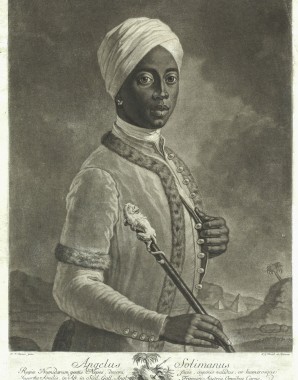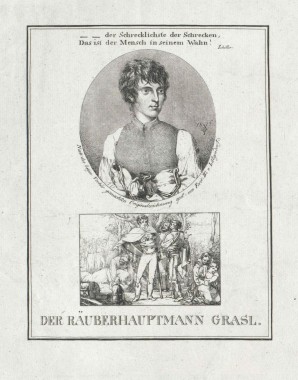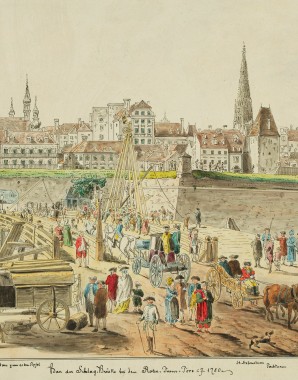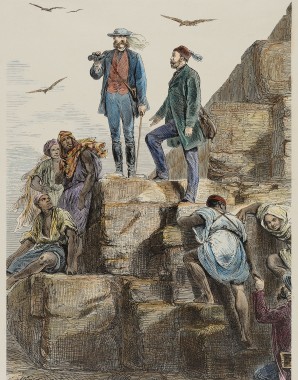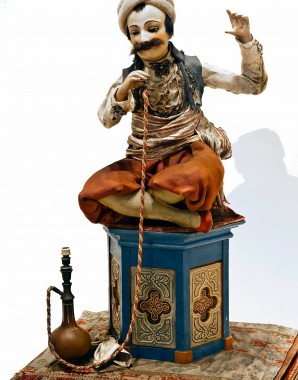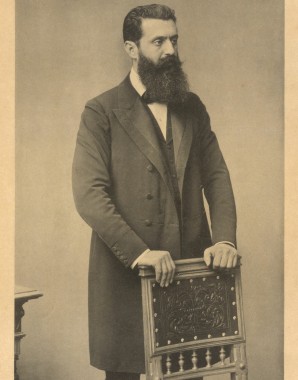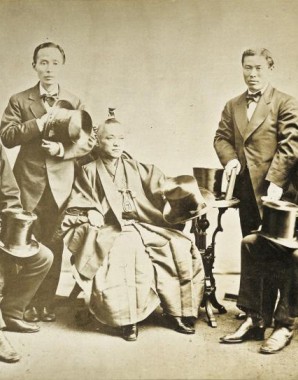Exotic and Fascinating – or Discriminated, Outlawed, Alienated and Excluded – ‘Foreign’ Elements in the Mon...
Exotic and Fascinating – or Discriminated, Outlawed, Alienated and Excluded – ‘Foreign’ Elements in the Monarchy
The Habsburgs were no exception when it came to the allure of the exotic or foreign. Many things were brought back to the Monarchy from voyages of discovery. Spices and fabrics from the Orient unleashed a fashion for all things Chinese and Turkish amongst the educated and landed classes. But it was not only exotic goods that were in demand – trade in human beings was long seen as a normal form of commerce.
Angelo Soliman, probably the best-known slave in the Monarchy, enjoyed an extraordinary career as a ‘Princely Moor’. Not all foreigners were equally welcome. Permits and police checks controlled the movement of people in the Habsburg territories. The Turks were viewed ambivalently: on the one hand cultural alliances were forged, but alongside this endured the hostile image of the ‘wicked Oriental bogeyman’. Above all the Jewish population was excluded and vilified. Aggressive anti-Semitism made them the target of political and commercial ambitions.
The allure of the exotic ultimately also attracted people from distant countries: for example, the Japanese Iwakura Mission embarked upon the long and arduous journey to Europe, during the course of which they paid a visit to the Habsburgs.

